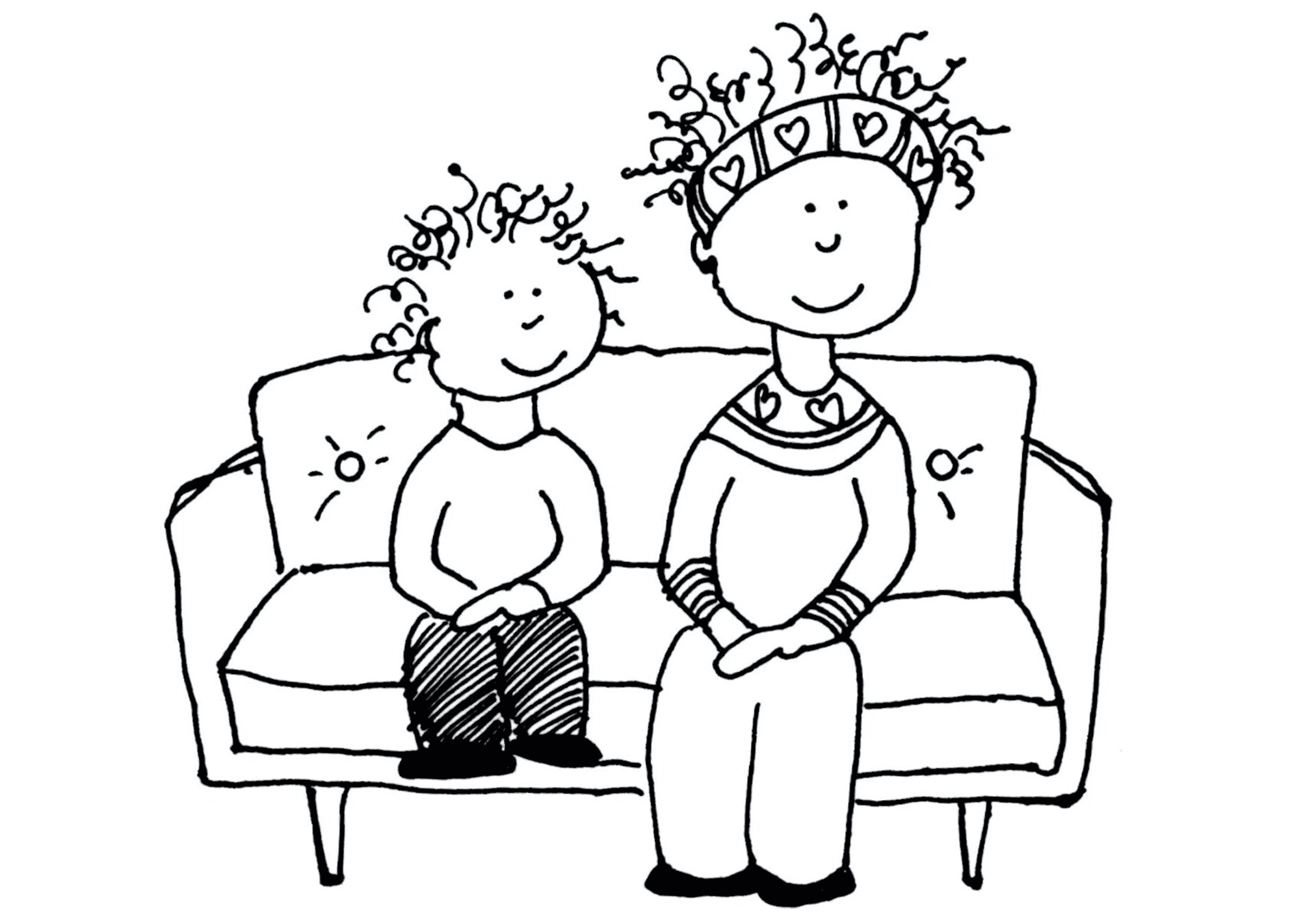Therapy

DDP
DDP is a rich way of being that strengthens connection. DDP supports those children and young people who may struggle with blocked trust, complex grief, a fear of being influenced by others, who may miscue us and who may hide their more vulnerable parts , for example their sad, frightened or anxious parts.
We use PACE
(Playfulness-Acceptance-Curiosity-Empathy) DDP aims to support a more coherent and integrated life story narrative develop – making sense of the child/young person’s thinking, feeling and behaviour based on past relational experiences.

DDP intervention may take one of the following forms:
Dyadic Developmental Psychotherapy:
Involves the parents and child/young person working together with a therapist to develop healthier patterns of relating and communicating. In this way the child gains relational experiences that help her to grow and heal emotionally.
Dyadic Developmental Parenting:
Involves supporting parents to develop parenting strategies that help the world to feel a safer place for a troubled child. Using the principles of PACE supports parents to make sense of their child’s behaviour and remain calm and emotionally available to their child, even at very difficult times. This in turn supports the child to calm, through a process of co-regulation. Parents work hard to help their child better understand and manage their behaviours, thoughts and feelings.
Dyadic Developmental Practice:
Involves working with professionals to develop a way of being with the child/young person that helps them to recover from experiences of relational trauma and loss through the parenting, education and care they receive. It aims to create a safe network of people around the child to ensure that their behaviour is understood in the context of their past relational experiences and ensure that they feel as safe as possible at home, in school and in other social activities.
DDP
DDP is a rich way of being that strengthens connection. DDP supports those children and young people who may struggle with blocked trust, complex grief, a fear of being influenced by others, who may miscue us and who may hide their more vulnerable parts , for example their sad, frightened or anxious parts.
We use PACE
(Playfulness-Acceptance-Curiosity-Empathy) DDP aims to support a more coherent and integrated life story narrative develop – making sense of the child/young person’s thinking, feeling and behaviour based on past relational experiences.

DDP intervention may take one of the following forms:
Dyadic Developmental Psychotherapy:
Involves the parents and child/young person working together with a therapist to develop healthier patterns of relating and communicating. In this way the child gains relational experiences that help her to grow and heal emotionally.
Dyadic Developmental Parenting:
Involves supporting parents to develop parenting strategies that help the world to feel a safer place for a troubled child. Using the principles of PACE supports parents to make sense of their child’s behaviour and remain calm and emotionally available to their child, even at very difficult times. This in turn supports the child to calm, through a process of co-regulation. Parents work hard to help their child better understand and manage their behaviours, thoughts and feelings.
Dyadic Developmental Practice:
Involves working with professionals to develop a way of being with the child/young person that helps them to recover from experiences of relational trauma and loss through the parenting, education and care they receive. It aims to create a safe network of people around the child to ensure that their behaviour is understood in the context of their past relational experiences and ensure that they feel as safe as possible at home, in school and in other social activities.
What clients say:

stronger connection with parents and I know a lot more about myself than I did

Nurturing and strengthening connections between family members… bringing more positive and joyful elements to family life

I understand more about how I feel, and I can let it out a lot more now.
NAME – COMPANY
What clients say:

stronger connection with parents and I know a lot more about myself than I did

Nurturing and strengthening connections between family members… bringing more positive and joyful elements to family life

I understand more about how I feel, and I can let it out a lot more now.
What clients say:

stronger connection with parents and I know a lot more about myself than I did

Nurturing and strengthening connections between family members… bringing more positive and joyful elements to family life






